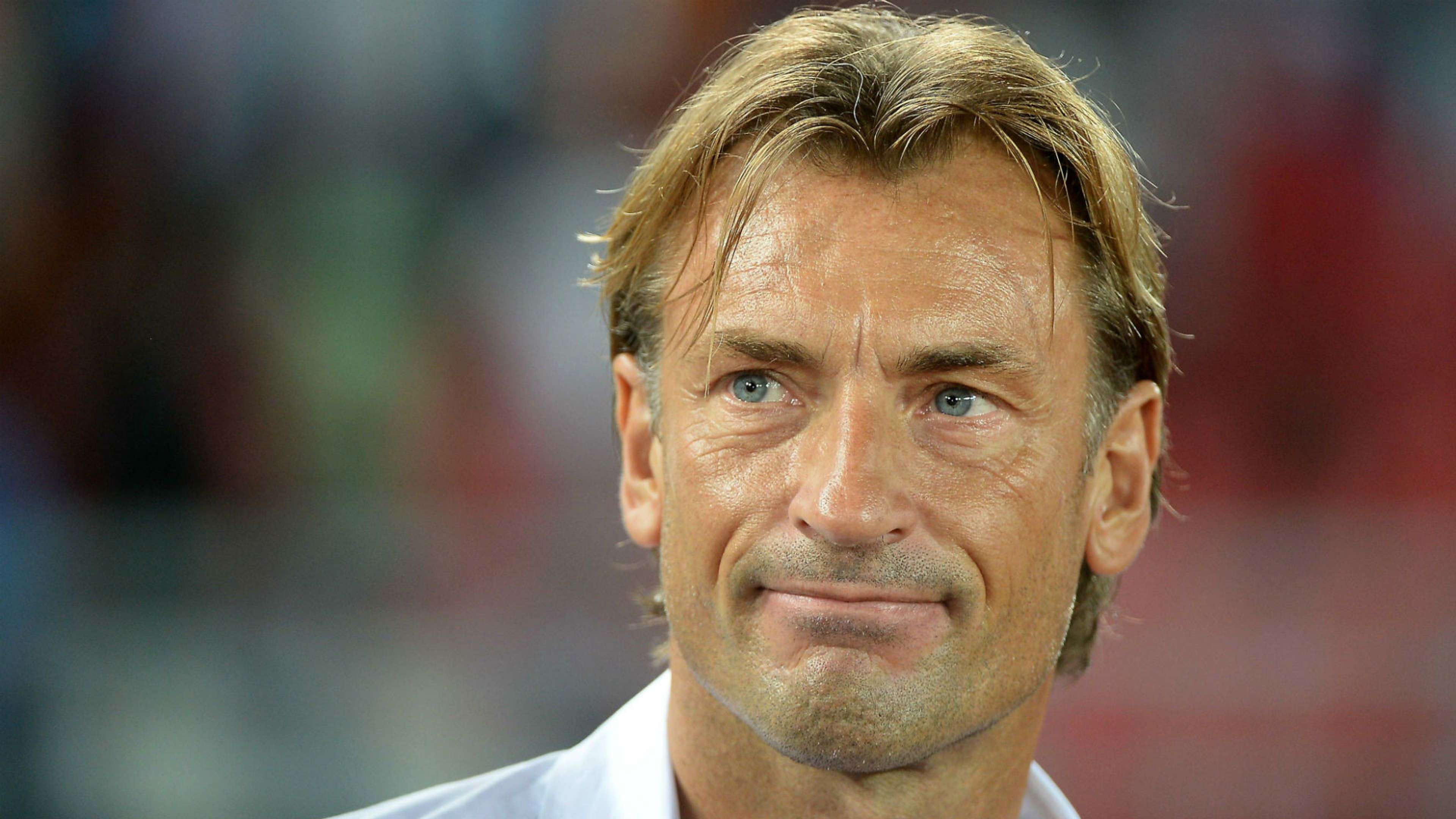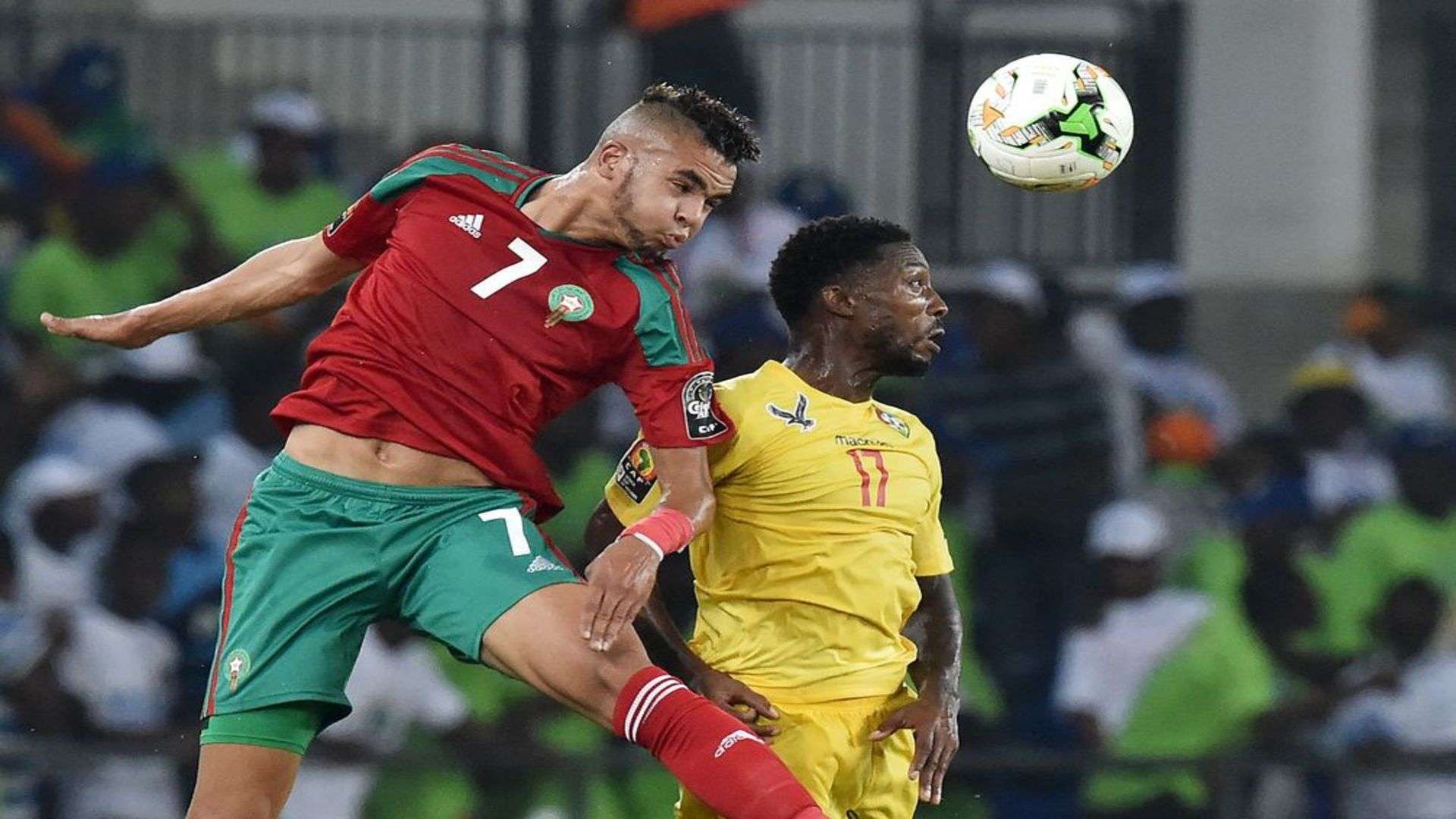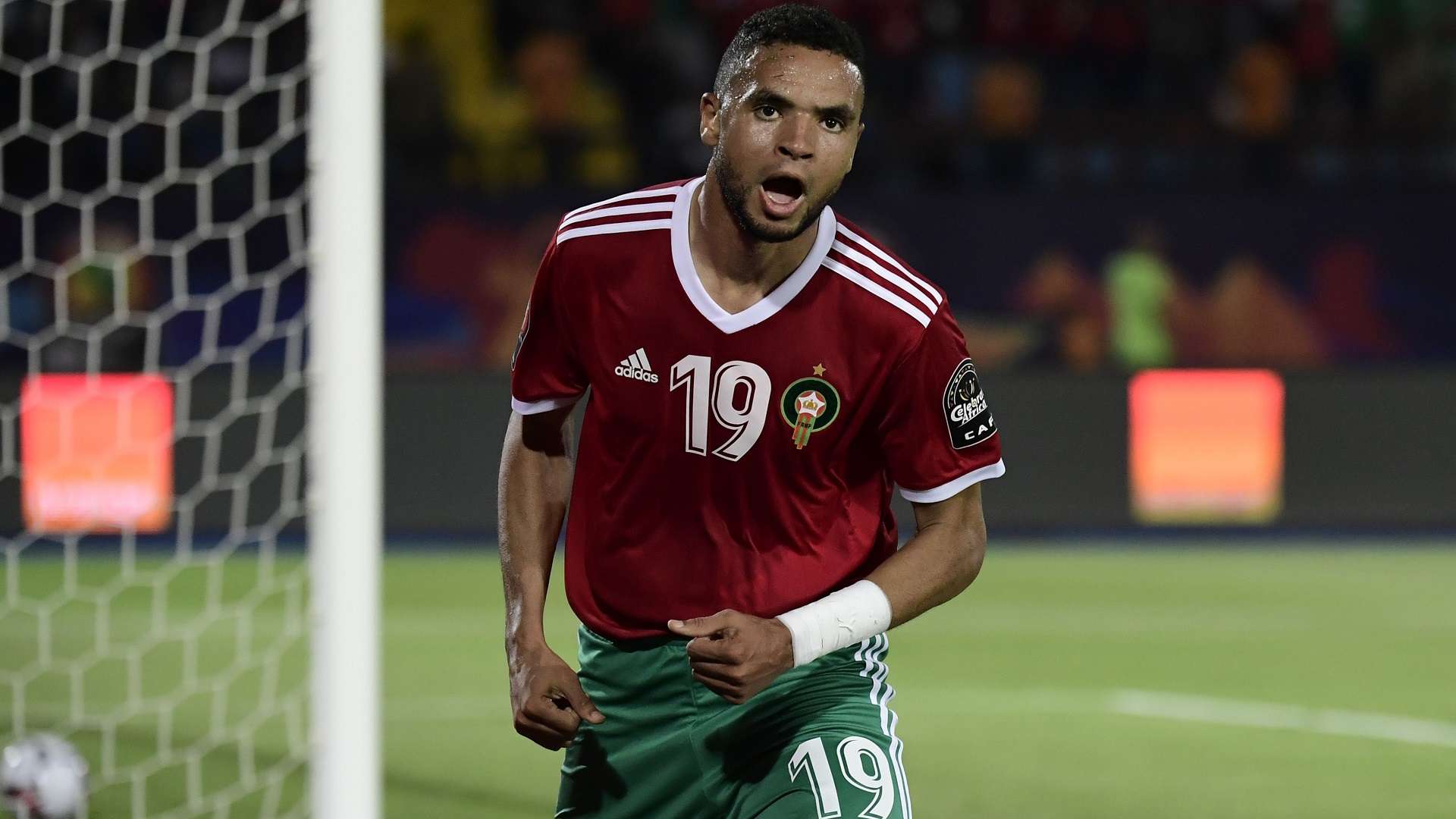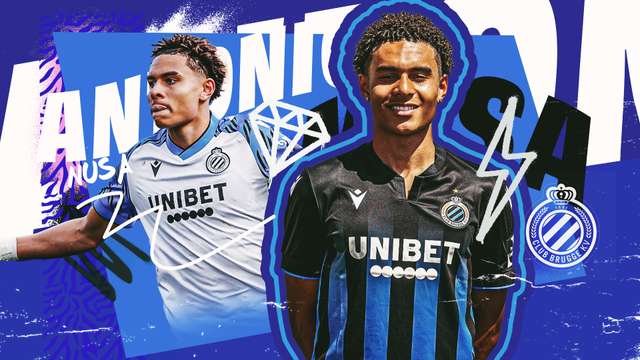Herve Renard has got almost everything right since taking over as Morocco manager in February 2016.
He qualified the Atlas Lions for the 2017 Africa Cup of Nations—their first since 2013—and then saw them out of the group as they made their first appearance in the knockout stages since they were defeated finalists in 2004.
They then progressed to the 2018 World Cup—denying Renard’s former charges the Ivory Coast in qualification—and proceeded to catch the eye during the group stage.
While they fell at the first hurdle, taking just one point from their three group games, they played an attractive and intense brand of football, winning many admirers, and were particularly unfortunate not to defeat Spain in their final group game.
On that occasion, it was Youssef En-Nesyri, playing in his first minutes of the tournament after coming off the bench, who put Morocco ahead late on with an 81st-minute goal.
Despite scoring in the Atlas Lions’ final pre-tournament friendly against Estonia—with his first international goal since the 2017 Nations Cup—En-Nesyri had been sidelined during the tournament, with the coach preferring Khalid Boutaib or Ayoub El Kaabi ahead of him.
Those two were just a couple of the offensive players trialled by Renard as a central striker during his Morocco tenure, as while he quickly identified the right players for the right positions across the park, this position has remained problematic.
The lack of a mobile, prolific, competent goalscorer and line-leader came back to haunt Morocco during the World Cup, and has threatened to do so throughout Renard’s reign.
The veteran Boutaib has many qualities—his strength, height and physique make him an ideal targetman—but while his goalscoring record is decent over the last two years, he remains a one-dimensional player.
Tall, rugged centre-backs enjoy playing against this kind of forward, and Boutaib doesn’t boast the turn of pace or—arguably—the off-the-ball movement to trouble defenders who will get the better of him in the air.
Now 32, and with only four Super Lig goals this season for Yeni Malatyaspor, Boutaib represents—at best—an option from the bench.
El Kaabi could have been a compelling option; he was drafted into the senior side after starring for Morocco during their African Nations Championship success, demonstrating his ability to thrive in the build-up play, and draw others into the game, as well as his lethal finishing ability.

His form both for the home-based Lions and domestically earned him a spot in the plane to Russia, but an anonymous showing against Iran in the opener appears to have cost him Renard’s faith.
Now playing in China with Hebei China Fortune, El Kaabi hasn’t scored for Morocco since the World Cup, and was dropped from the provisional squad.
Other attacking players have been assessed—Walid Azaro, Rachid Alioui, Aziz Bouhaddouz, Yacine Bammou, Achraf Bencharki, Youcef El Arabi—while the attempt to integrate Saudi-based striker Abderrazak Hamdallah into the fold at the death was evidence that Renard still sought viable solutions in this role.
However, as the tournament kicked off, En-Nesyri found himself in pole position to nail down the role of Morocco’s starting striker, and to prove that he could be the missing piece in the Atlas Lions’ puzzle.
In truth, the Leganes attacker has all of the tools.
While he boasts a similar presence to Boutaib—albeit without the same clout—he’s of sharper mind, reads the game better, and is a superior all-round athlete.
This season, his game has clicked in La Liga, where he struck nine goals in 31 outings—of which 22 were starts—for minnows Leganes.
Only one of those goals came before January, and he failed to net in his first nine games of the campaign, but when he’s confident and has momentum, there have been signs that the 22-year-old can be a truly menacing prospect in one of the world’s biggest leagues.
The same cannot be said of any of his aforementioned rivals as Morocco’s starting striker.
While En-Nesyri—a long with the rest of his teammates—struggled to break down a resolute, disciplined, compact Namibia side in their Nations Cup opener, he delivered one of his finest performances in a Morocco shirt as the Ivory Coast were dispatched on Friday.
Dovetailing sublimely with Man of the Match Nordin Amrabat, the striker was a constant threat for an Ivorian defence shorn of Eric Bailly, and could have had several goals before opening the scoring—tucking home a reverse pass from Amrabat—to ultimately secure the win.

Moments before, he hit the side netting after creating some space for himself with fine movement to meet Younes Belhanda’s pass, and his work rate was evident early on as he chased down through balls, forcing Sylvain Gbohouo into several last-ditch clearances, and putting pressure on Wilfried Kanon and Ismael Traore.
During those early stages, even before the goal came, En-Nesyri was beginning to look like the ideal striker to cap off this Moroccan side.
He’s bright, alert, has the turn of pace to go behind—Gbohouo’s bravery to come out and deny him kept the Ivorians in the game—and he has the presence to challenge aerially and bring others into the game.
His finishing must improve—only two of his six shots were on target—but his immense aerial ability (12 headers won vs. Ivory Coast) and his intensity can make the ideal final component of this fine Moroccan side.
In En-Nesyri, who has been involved in three of the Atlas Lions’ last four Afcon goals, Morocco may…finally…have found the answer.



.jpg?auto=webp&format=pjpg&width=640&quality=60)
.jpg?auto=webp&format=pjpg&width=640&quality=60)